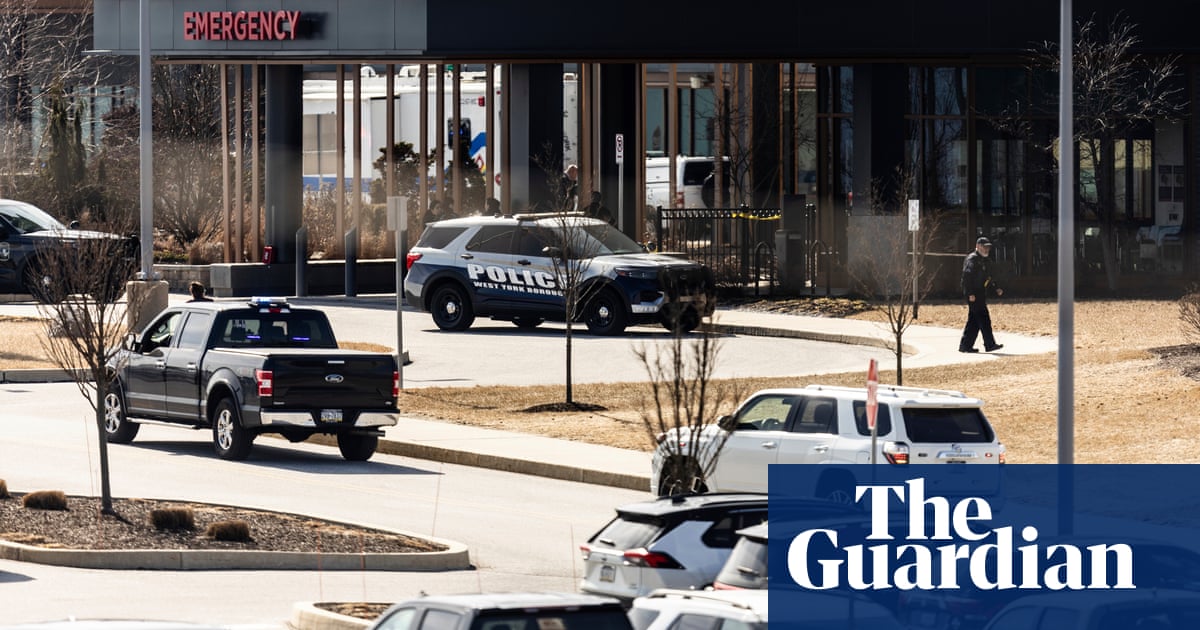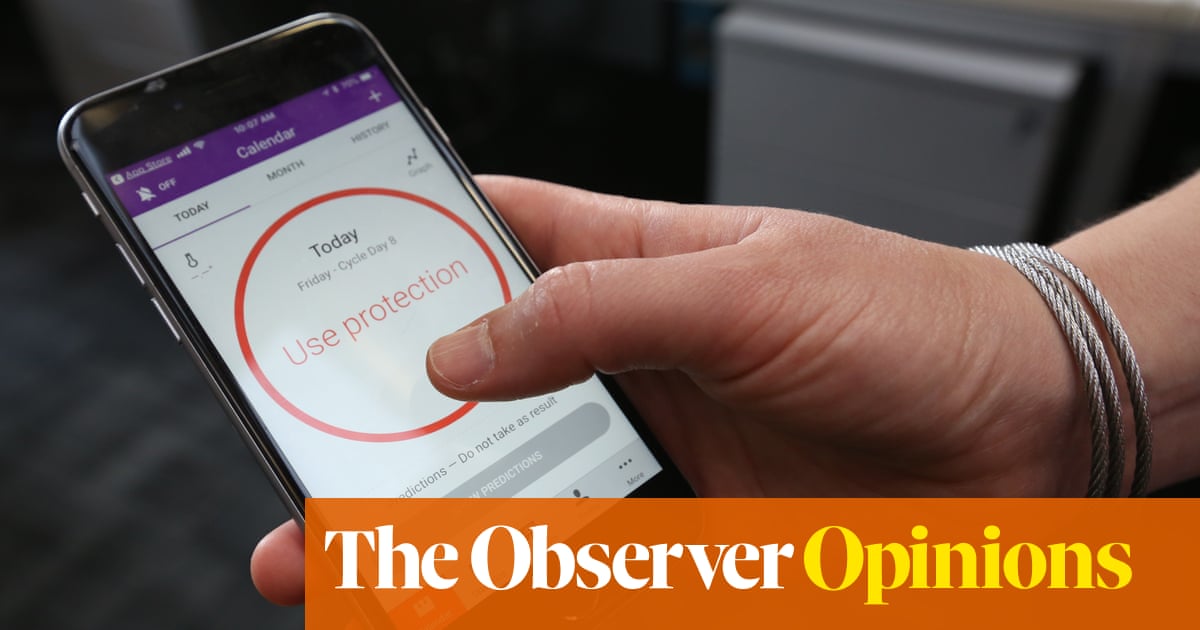China is grappling with a spate of violent rampages that have left dozens of people dead, sparking a conversation about whether “revenge against society” attacks are becoming more common.
On 19 November, a 39-year-old man drove a car into a group of people near a school in Changde, a city in central China, injuring several students. It came days after another car-ramming attack in the southern city of Zhuhai had killed 35 people outside a sports centre, China’s deadliest mass killing in a decade. That same week, a former student in another city killed eight people and injured 17 others on a stabbing spree at a vocational college.
Little is known about the true motives and the mental states of the assailants in the recent attacks. But in the Zhuhai car ramming, local police said the driver was a man who was unhappy with his financial settlement in his divorce. In the stabbing incident, the authorities said that the attacker had failed his examinations and could not graduate, and that he was unhappy with his pay at an internship.
There are growing fears in China that the strained social safety net, high unemployment and a struggling economy are leading a small but deadly minority of people to vent their frustrations in the form of mass murder. This month’s attacks followed a series of similar incidents earlier in the year.
In October, a 50-year-old man stabbed five people, including three children, outside a primary school in Beijing. In September, a man in his 30s killed three people and injured 15, including a toddler, in a stabbing attack in a supermarket in Shanghai. The police said that the man they arrested wielding knives had been experiencing “personal financial disputes”.
That incident came less than two weeks after a 10-year-old was killed in a stabbing attack near the Shenzhen Japanese school, a tragedy which raised concerns about anti-Japanese nationalism, especially as there was another attack, in Suzhou, in June, in which a Japanese woman and her child were targeted by a Chinese assailant. A Chinese woman died trying to defend them.
President Xi Jinping directly responded to the Zhuhai car attack , urging authorities “to draw lessons from the case, and to strengthen their prevention and control of risks at the source”.
But in general the authorities have been quick to clamp down on any discussion or public mourning of the tragedies, with the police sharing little information beyond a basic statement. In the days after the Zhuhai incident, the official Communist party newspaper, People’s Daily, ran several articles about an airshow that took place in Zhuhai that week, but made scant mention of China’s deadliest mass violence incident in years.
Scores of Weibo posts about this week’s car ramming attack in Changde have been censored, including one commenter who compared Chinese society to a “pressure cooker” ready to explode.
Qin Xiaojie , a psychotherapist and founder of CandleX, a mental health support organisation in Beijing, said that recent attacks reflected a “very strong sense of feeling that society is not just”.
“When you see someone who is attacking another person or society, underneath, it really reflects that they don’t have a stable self,” Qin said. High unemployment rates and patchy public services, especially when it came to support for mental health issues, meant that “people feel very desperate … like they can’t survive”.
The phenomenon has generated its own morbid internet buzzword: Xianzhongxue, or Xianzhong-ology, a reference to a Ming-era peasant called Zhang Xianzhong who was thought to have murdered large numbers of people in a rebellion in the 1600s.
One graphic, republished by the internet tracker China Digital Times, is called “A psychoanalysis of contemporary Chinese society”. It shows a chart that plots Xianzhongxue alongside other contemporary Chinese phenomena, including tangping (lying flat) and runxue (emigration). The only way to escape the crushing forces of modern society, the chart suggests, is Xianzhong-ology.
Steve Tsang, the director of the Soas China Institute, said the attacks also reflected “a failure of the de facto social contract” between the people and the Chinese Communist party. “Those desperate people are not seeing a better tomorrow for themselves or else they would not have acted out the desperation.”
Additional research by Jason Tzu-kuan Lu

 3 months ago
54
3 months ago
54













































